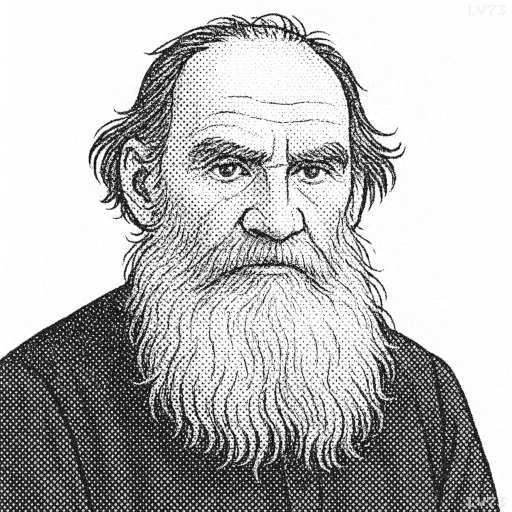“The chief difference between words and deeds is that words are always intended for men for their approbation, but deeds can be done only for God.”

- September 9, 1828 – November 20, 1910
- Born in Russia
- Writer, philosopher
table of contents
Quote
“The chief difference between words and deeds is that words are always intended for men for their approbation, but deeds can be done only for God.”
Explanation
In this quote, Leo Tolstoy contrasts words and deeds, suggesting that while words are often spoken with the intention of gaining approval or praise from others, true deeds—or actions—are done solely for a higher moral purpose, such as serving God or upholding one’s principles. Tolstoy points out that words can be self-serving, as they are sometimes used to impress or influence others, whereas deeds are authentic expressions of inner values, and their true merit lies in the sincerity with which they are performed, without seeking recognition or reward. For Tolstoy, this distinction reflects a deeper spirituality where actions are driven by moral duty, not the desire for social validation.
In modern times, this message resonates deeply, especially in a society that often values appearance and image over genuine integrity. The rise of social media and public personas has made it easy for individuals to prioritize words and superficial gestures that garner likes, shares, or admiration, often at the cost of meaningful, virtuous actions. Tolstoy’s words challenge people to reflect on the authenticity of their actions, urging them to focus on deeds that align with their deeper values and to perform these actions with humility, without concern for the applause of others.
Tolstoy’s own life reflects this tension between words and deeds. While he was known for his eloquent writing and philosophical insights, he also believed in the importance of living out his spiritual convictions through action. In his later years, he sought to lead a simple, moral life that was in line with Christian teachings, emphasizing that true goodness is reflected not in what one says, but in how one acts. His writings, especially on issues like non-violence, social justice, and personal integrity, emphasize that living according to one’s beliefs requires deeds that are done with sincerity, not for human approval, but as a reflection of a higher calling.
Would you like to share your impressions or related stories about this quote in the comments section?




